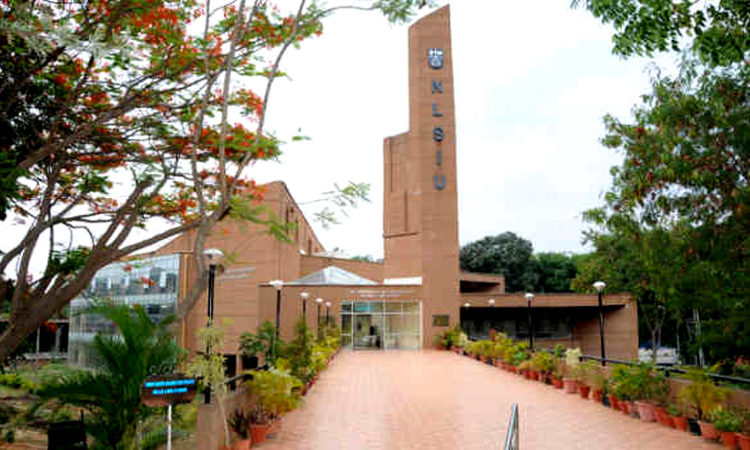Karnataka High Court Directs NLSIU To Provisionally Admit Transgender Student
Mustafa Plumber
22 Aug 2023 4:00 PM IST

Next Story
22 Aug 2023 4:00 PM IST
The Karnataka High Court on Tuesday by way of an interim order directed the National Law School of India University (NLSIU) to grant admission to a transgender person in the 3-year LLB course for the academic year 2023-24, if found eligible. Justice Ashok S Kinagi admitted the petition filed by the student, clarifying that the petitioner's admission is subject to the final outcome of the...
